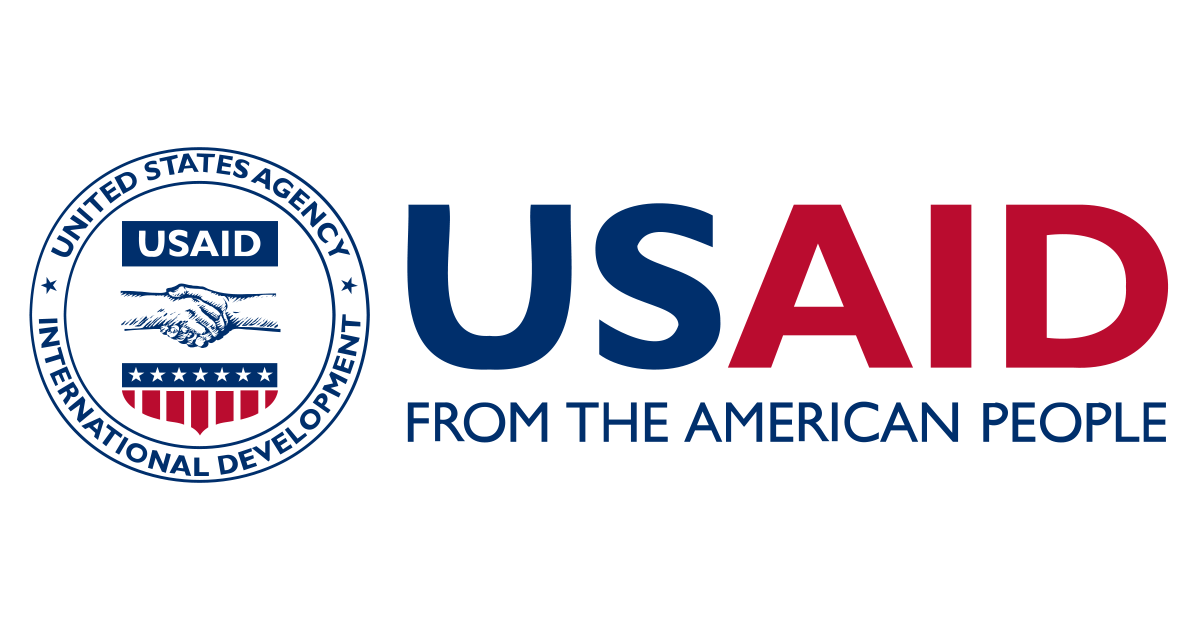In a bold move at COP28, the United States Agency for International Development (USAID) has unveiled a staggering $100 million pledge over the next two years towards the CGIAR, a global research consortium dedicated to ensuring a food-secure future.
This significant funding boost underscores USAID’s intensified efforts under the Feed the Future initiative to fortify food systems against climate change impacts.
This recent commitment builds upon USAID’s prior contributions to the Agriculture Innovation Mission (AIM) for Climate. Initially committing $215 million across five years during AIM for Climate’s launch at COP26, USAID has already surpassed this figure, propelling numerous smallholder farmers towards accessing critical climate-smart innovations.
These investments serve as a lifeline, empowering farmers to sustainably produce food amidst the challenges posed by a changing climate.
In line with AIM for Climate’s objectives, USAID’s endeavors extend beyond financial support for CGIAR. The agency has unveiled plans to further climate-focused research, introducing two new Feed the Future Innovation Labs.
The first, dedicated to Climate Resilient Cereals, aims to develop robust cereal crop varieties resilient to climate shifts, catering especially to smallholder farmers heavily reliant on rain-fed agriculture.
The second Innovation Lab, focusing on Irrigation and Mechanization Systems, targets improvements in irrigation and water management for small-scale farmers, aiming to enhance yields and resource efficiency.
Additionally, USAID has initiated two calls to action for AIM for Climate Innovation Sprints, mobilizing private sector investments to address gender disparities in food systems and curb food loss and waste. Notable among these initiatives is a partnership between the CGIAR and various collaborators, harnessing over $30 million to design gender-responsive climate solutions and foster equitable uptake of innovations.
Similarly, the World Wildlife Fund (WWF) has committed efforts to reduce food loss in specific value chains, starting with strawberries, aiming to prevent substantial pre-market losses.
With hunger affecting 735 million people globally and a projected 50 percent surge in food demand by 2050, USAID emphasizes the urgent need for resilient food systems.
The agency remains steadfast in its commitment to advancing climate-smart agriculture but stresses the necessity for collaborative efforts to ensure sustainable food security, particularly in the face of climate change’s mounting challenges.



